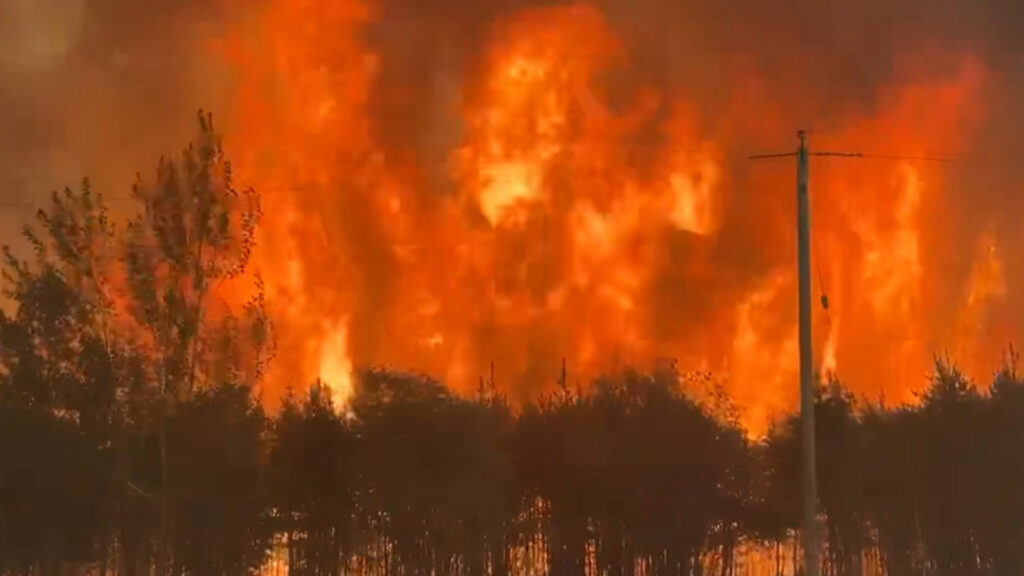
The Importance of Addressing Wildfires
Wildfires are a significant environmental concern in many regions, and Manitoba is no exception. As climate change intensifies weather patterns and increases dry spells, the frequency and severity of wildfires are projected to rise. Understanding the current state of wildfires in Manitoba is critical for community preparedness and environmental conservation.
Current Wildfire Situation in Manitoba
As of October 2023, Manitoba has been experiencing an uptick in wildfire activity, with several regions facing evacuation orders due to uncontrolled blazes. The Manitoba Wildfire Service has reported over 200 wildfires in the province this season, driven by a combination of hot, dry weather conditions and lightning strikes. Notably, the regions of eastern and central Manitoba have been the hardest hit, with communities rallying to respond.
Authorities have emphasized the importance of public safety and environmental protection. Evacuation orders have been declared for several affected areas, with local shelters set up to accommodate displaced residents. The Wildfire Service has been working tirelessly to combat these fires, deploying crews and equipment to manage and contain the flames.
The Environmental and Economic Impact
The adverse effects of wildfires extend beyond immediate danger to human life. They threaten biodiversity and disrupt local ecosystems. Many species that inhabit the wooded areas of Manitoba face habitat loss, which can have long-term implications for wildlife populations. Furthermore, the smoke from wildfires has raised air quality concerns, prompting health advisories in various municipalities.
Additionally, the economic repercussions are significant. Local businesses, particularly in tourism and forestry, have reported losses as access to natural attractions and resources becomes restricted. Recovery efforts will require substantial funding and resources, further straining provincial budgets.
Conclusion and Future Outlook
As the fire season continues, the need for proactive measures to prevent wildfires becomes increasingly clear. Policies promoting forest management and community readiness are essential for mitigating risks. Moreover, addressing the underlying factors, such as climate change, through sustainable practices will be vital in the years ahead.
Residents of Manitoba are encouraged to stay informed about wildfire risks and to follow guidelines from the Manitoba Wildfire Service. Looking forward, collaboration between government agencies, communities, and environmental organizations will be crucial in managing and adapting to the challenges posed by wildfires in Manitoba.



